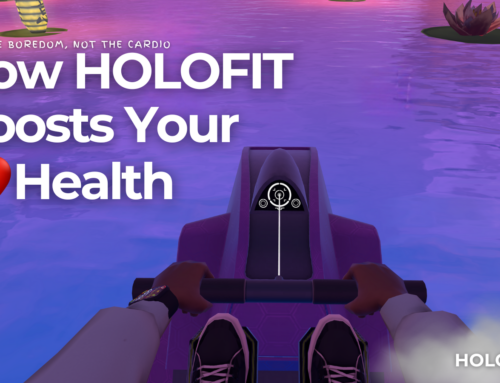You can’t escape stress. Especially nowadays, right?
And you shouldn’t even try avoiding it. You should fight it. Luckily, we humans have been handling stress long before you and I were born… And we got good at it.
See, stress is an inevitable part of life. Seven out of ten adults in the United States say they experience stress or anxiety daily, and most say it interferes at least moderately with their lives, according to the most recent Anxiety and Depression Association of America survey on stress and anxiety disorders.
When the American Psychological Association surveyed people in 2008, more people reported physical and emotional symptoms due to stress than they did in 2007, and nearly half reported that their stress has increased in the past year.
Now, 2008 was a “crisis” year, but it looks as though 2020 is going to be even worse. Besides the damage that the economy will inevitably experience, we’ve got an even bigger problem this time – Corona.
So, I believe that it’s fair to say that there will always be something that causes stress. Whether it’s something personal, or maybe work, traffic, even noise, and sometimes, something scary and global like right now…
See, even though it’s impossible to eliminate stress, you can still learn to manage stress, and most people usually do. According to a recent ADAA online poll, some 14 percent of people make use of regular exercise to cope with stress. Others reported talking to friends or family (18 percent); sleeping (17 percent); watching movies or TV (14 percent), as well as eating (14 percent) and listening to music (13 percent).
While all of these are well-known coping techniques, exercise may be the one most recommended by health care professionals. And among ADAA poll takers who exercise, a healthy percentage is already on the right track: Walking (29 percent), running (20 percent), and yoga (11 percent) are their go-to strategies.
Physical Workouts, Mental Benefits
We’ve known about the physical benefits of exercise for a while now (thousands of years?). Its correlation with improving physical condition and fighting disease have long been established, and physicians always encouraged staying physically active.
However, physical exercise is also considered vital for maintaining mental fitness, and it really plays a significant role in stress reduction. Studies show that it is very effective at reducing fatigue, improving alertness and concentration, and at enhancing overall cognitive function. This can be especially helpful when stress has depleted your energy or ability to concentrate.
The logic behind it is this – when stress affects the brain, with its many nerve connections, the rest of the body feels the impact as well. So it stands to reason that if your body feels better, so does your mind. Exercise and other physical activity produce endorphins—chemicals in the brain that act as natural painkillers—and also improve the ability to sleep, which in turn reduces stress. Meditation, acupuncture, massage therapy, even breathing deeply can cause your body to produce endorphins. And conventional wisdom holds that a workout of low to moderate intensity makes you feel energized and healthy.
Scientists have found that regular participation in aerobic exercise has been shown to decrease overall levels of tension, elevate and stabilize mood, improve sleep, and improve self-esteem. Even five minutes of aerobic exercise can stimulate anti-anxiety effects.
What Will You Do Today?
Saying that the world is experiencing “bad days” right now would be an understatement. We’ve all been hit hard, and we are, understandably, all in shock.
But, is this the first time this is happening to us? Will we sound the retreat and come up with a new excuse?
No.
We will make it work.
We will work it out.
We will… Work out.
PS. If you’re looking to learn more about fitness, or VR Fitness in particular, you’re in the right place. Make yourself at home on our blog section!
Shh, did you know you can try HOLOFIT totally free for 7 days? Do it here.







